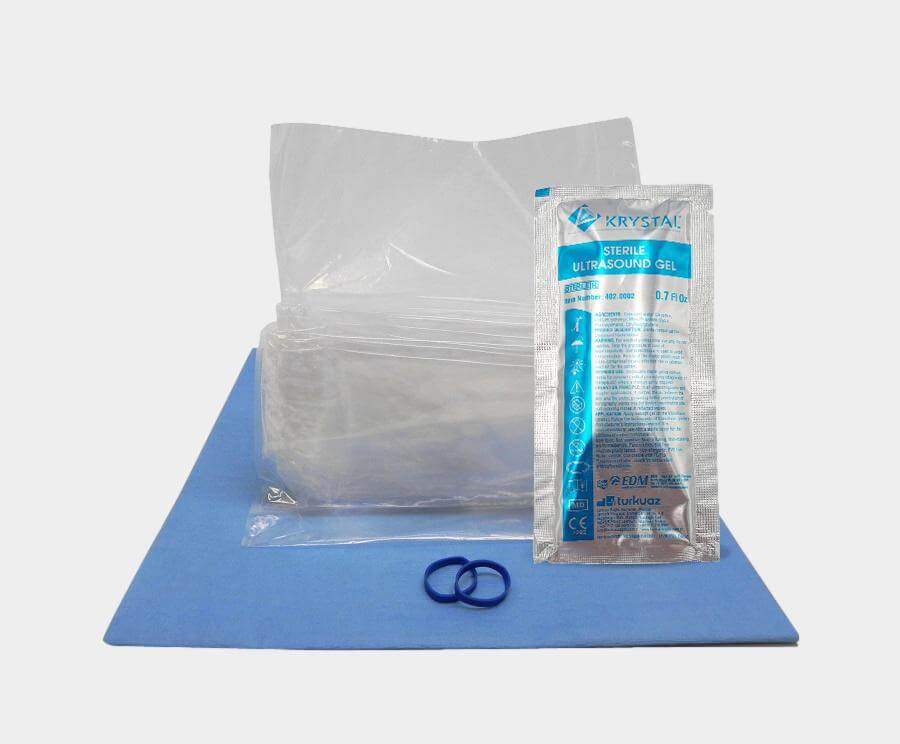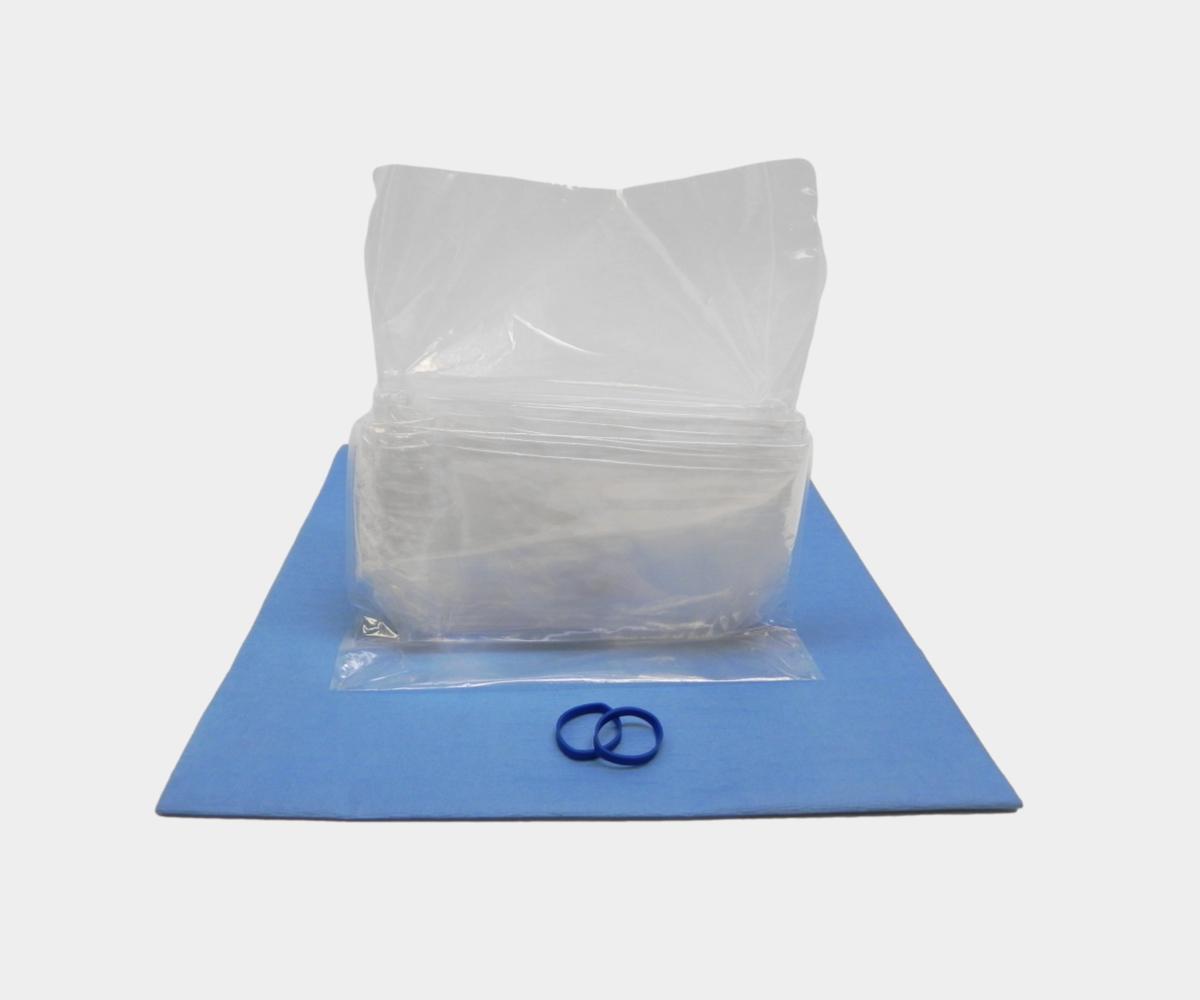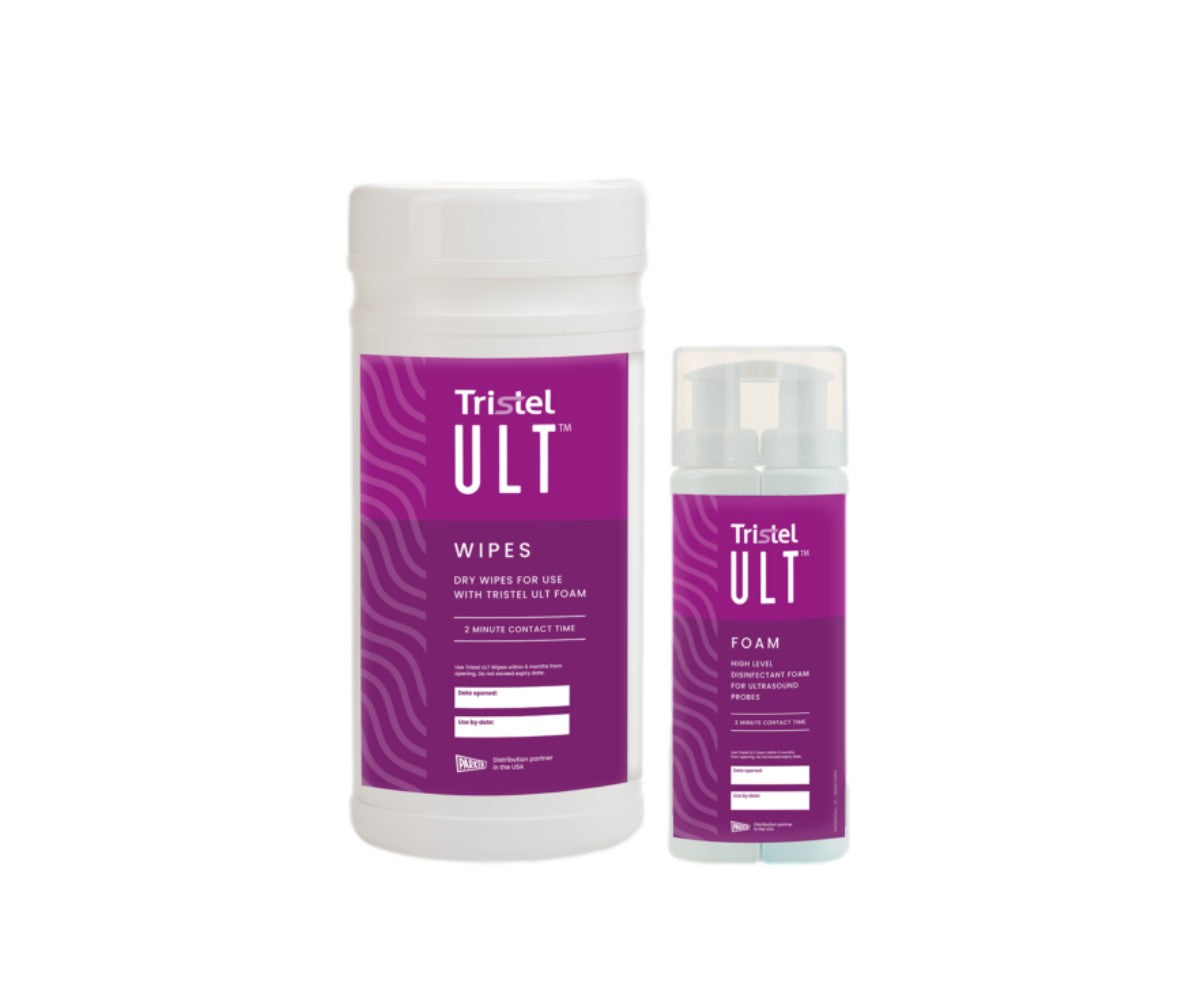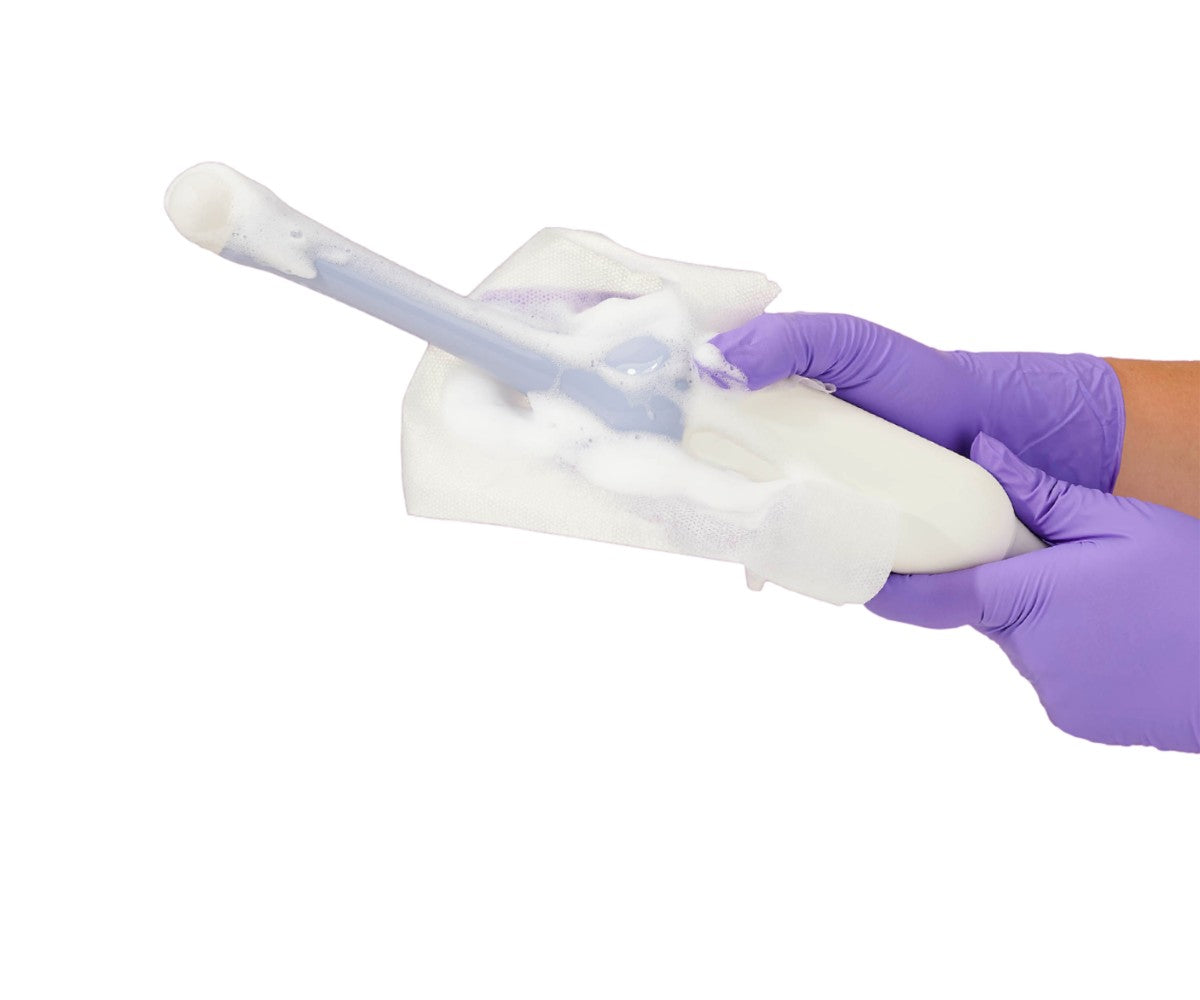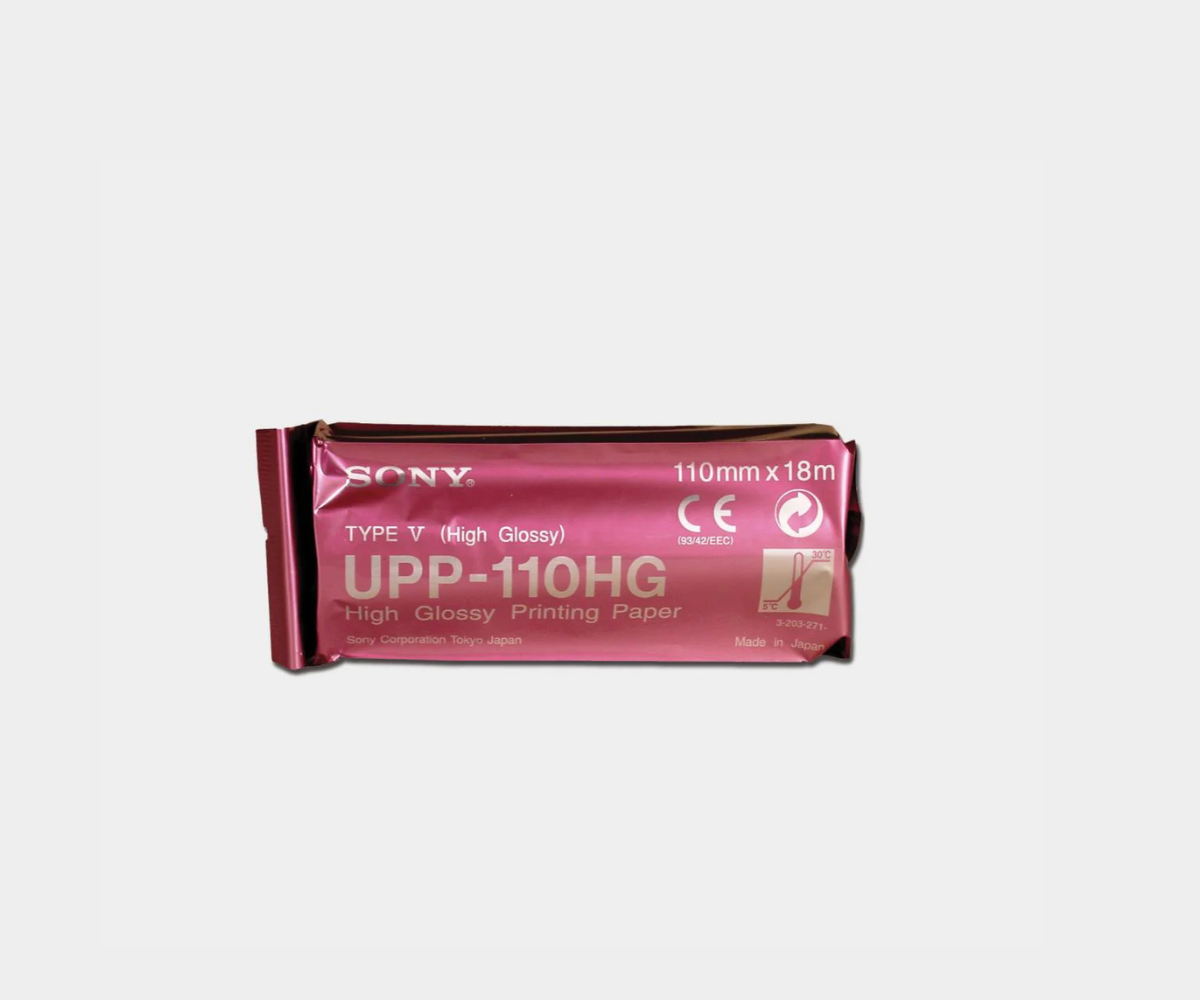Intracytoplasmic sperm injection (ICSI) has been a mainstay of assisted reproductive technology since its inception in the 1990s, primarily targeting severe male infertility. Over the past 30 years, use of ICSI has increased and now accounts for nearly two thirds of IVF cycles worldwide, including 70% in Europe and North America and nearly 100% in some low-income and middle-income countries.
However, recent studies have cast doubt on its efficacy and appropriateness.
A pivotal report published in The Lancet unveils findings from an extensive randomized trial conducted across ten reproductive medicine centers in China. This study aimed to directly compare the outcomes of intracytoplasmic sperm injection (ICSI) versus conventional in vitro fertilization (IVF) in couples grappling with non-severe male factor infertility. Over a span of three and a half years, from 2018 to 2021, 2,387 couples were randomly assigned to either the ICSI group or the conventional IVF group.
 The study yielded unexpected results: there was no significant disparity in live birth rates between the ICSI and conventional IVF groups. Specifically, the live birth rate after the first embryo transfer stood at 33.8% for the ICSI group and 36.6% for the conventional IVF group. When considering the total number of babies born from initiated cycles, factoring in multiple transfers, the discrepancy widened to 45% after ICSI compared to 51% after IVF.
The study yielded unexpected results: there was no significant disparity in live birth rates between the ICSI and conventional IVF groups. Specifically, the live birth rate after the first embryo transfer stood at 33.8% for the ICSI group and 36.6% for the conventional IVF group. When considering the total number of babies born from initiated cycles, factoring in multiple transfers, the discrepancy widened to 45% after ICSI compared to 51% after IVF.
These findings challenge the prevailing assumption that ICSI yields superior outcomes in cases of non-severe male infertility. Moreover, the study underscored potential risks associated with ICSI, including escalated costs and potential adverse effects on offspring health.

As the percentage of patients undergoing ICSI for non-male factor infertility has also surged globally, there's a need for a broader perspective, which brings us to our next study.
Published in Acta Obstetricia et Gynecologica Scandinavica in 2023, this systematic review takes a comprehensive approach to evaluate the efficacy of ICSI in patients with non-male factor infertility through a systematic review and meta-analysis of existing randomized controlled trials (RCTs).
 The meta-analysis, which synthesized data from 18 randomized controlled trials, found that while ICSI reduced the risk of total fertilization failure and increased fertilization rates per oocyte, it did not significantly improve live birth rates compared to conventional IVF. Importantly, the study emphasized the lack of evidence supporting the routine use of ICSI in these populations, citing concerns about cost and safety.
The meta-analysis, which synthesized data from 18 randomized controlled trials, found that while ICSI reduced the risk of total fertilization failure and increased fertilization rates per oocyte, it did not significantly improve live birth rates compared to conventional IVF. Importantly, the study emphasized the lack of evidence supporting the routine use of ICSI in these populations, citing concerns about cost and safety.
These findings challenge the prevailing narrative surrounding ICSI and underscore the importance of evidence-based practice in reproductive medicine. While ICSI remains valuable for severe male infertility, its indiscriminate use in cases of non-severe male factor infertility warrants reconsideration. Further research, particularly high-quality randomized controlled trials with large sample sizes, is needed to validate these findings and explore potential clinical and neonatal outcomes.

EDM Medical Solutions is a premier supplier and manufacturer of medical imaging products, including ultrasound supplies, surgical drapes, and needle guides. We are committed to delivering a high-quality and cost-effective range of products that enhance patient care and operational efficiency.
Our Krystal brand, featuring probe covers and equipment drapes, sets the industry standard for quality, safety, and reliability. Switching to Krystal can mean up to 30% in savings on your supplies.
With market-leading prices and rapid shipping options, we ensure our clients have immediate access to the supplies they need, when they need them. That's why over 2,000 facilities in the US choose EDM.
By prioritizing customer satisfaction and maintaining excellent service standards, EDM continues to be the partner of choice for facilities across clinical areas, including ASCs, imaging centers, and Ob/Gyn practices.


